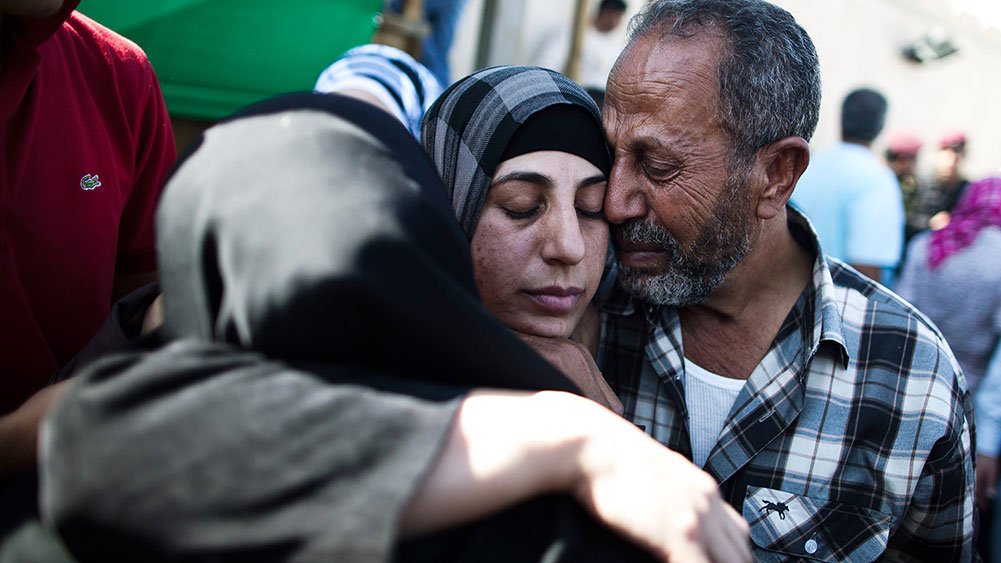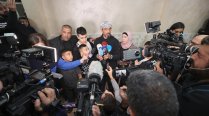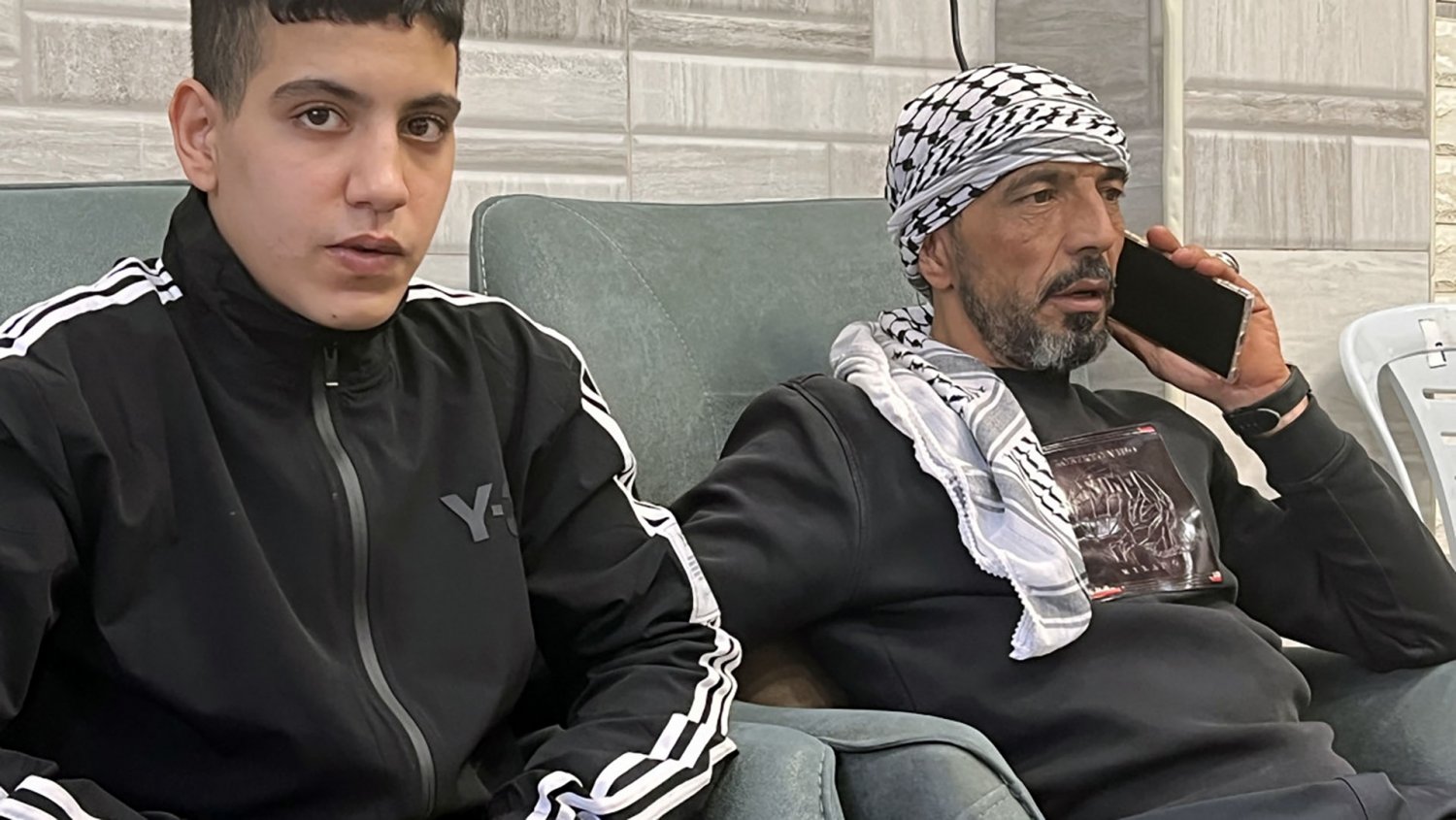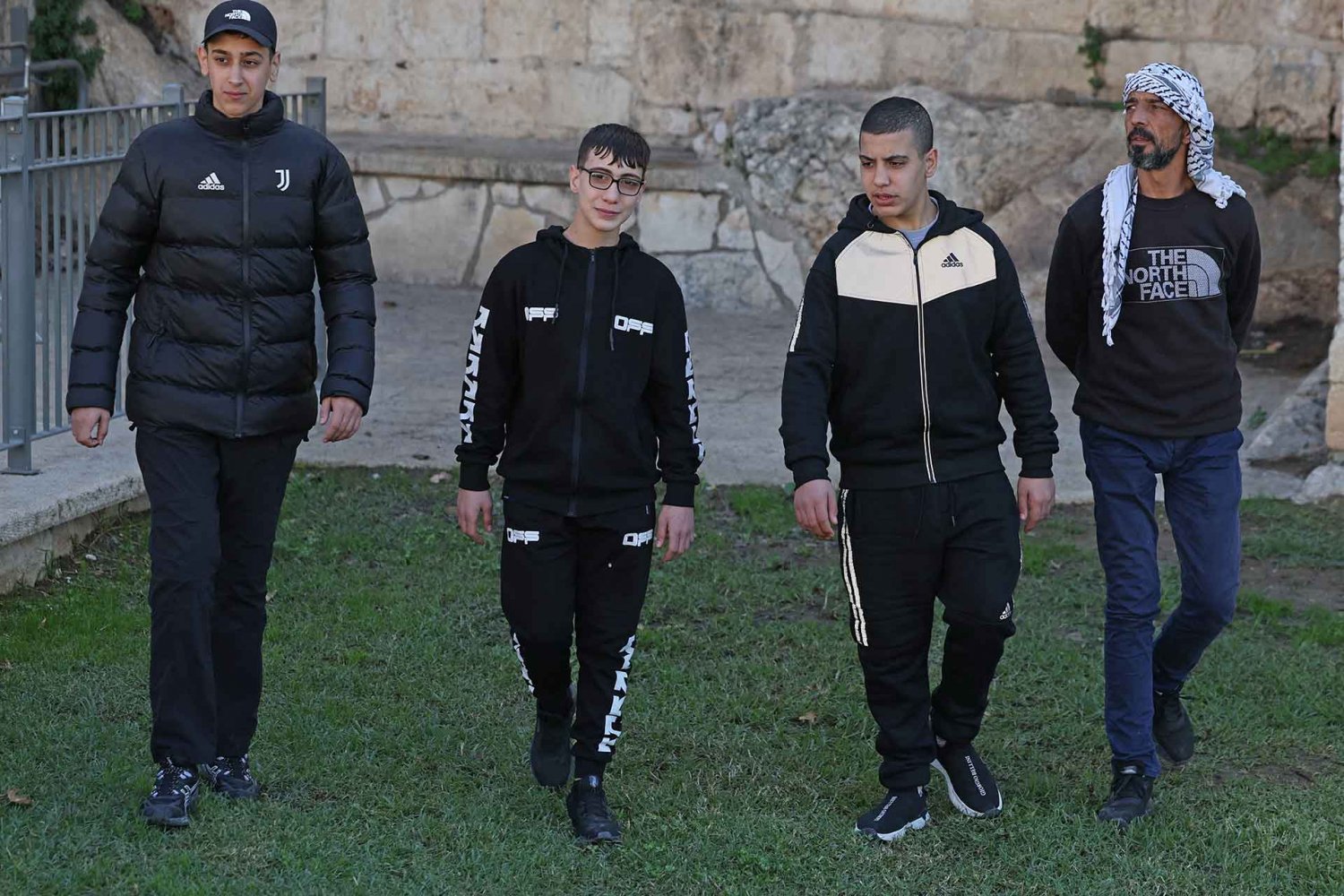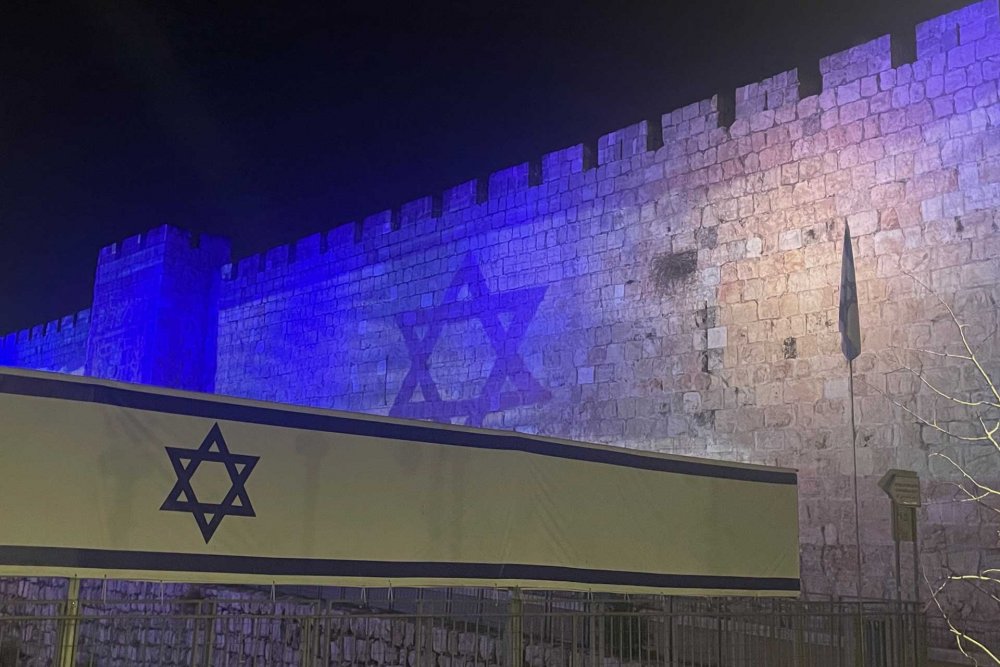The youngest child as part of the fifth batch of prisoners released from Israeli prisons during the recent exchange, Ahmad Nawaf al-Salaymeh, 14, shared details of his release on November 28, 2023, with Jerusalem Story.
In his house in the town of Silwan, adjacent to al-Aqsa Mosque, Ahmad described how he and other children were transferred in a prisoner transport vehicle (also known as a “Bosta”) from the juvenile detention center of Damon Prison in the north of the country to al-Moskobiyya Detention Center, west of Jerusalem, where he was held from 10:00 a.m. until 9:00 p.m.
During this time, one of the investigators sat down with each of the minors who were set to be released and warned them not to organize any celebrations—forbidding fireworks, parties, flags, and banners, and limiting family reunions to members of the nuclear family. All of these conditions are clearly beyond the control of a child.
Ahmad was also told not to leave his home until the day after his release. Jerusalemites were taken aback by another unprecedented order, one of a long list of prohibitions, which prevents minors who were released under the terms of this exchange agreement from returning to school. This decision was allegedly issued by the Israeli Minister of Education, according to the released prisoners’ families.
Ahmad’s father, Nawaf al-Salaymeh, said that the experience of his son’s arrest was fraught with anxiety and fear. Ahmad was incarcerated about two months before the war in Gaza began; when the war started, families were kept completely in the dark regarding the fate of their loved ones.

